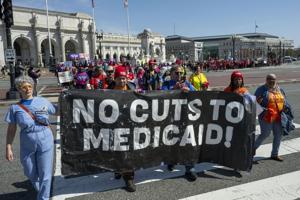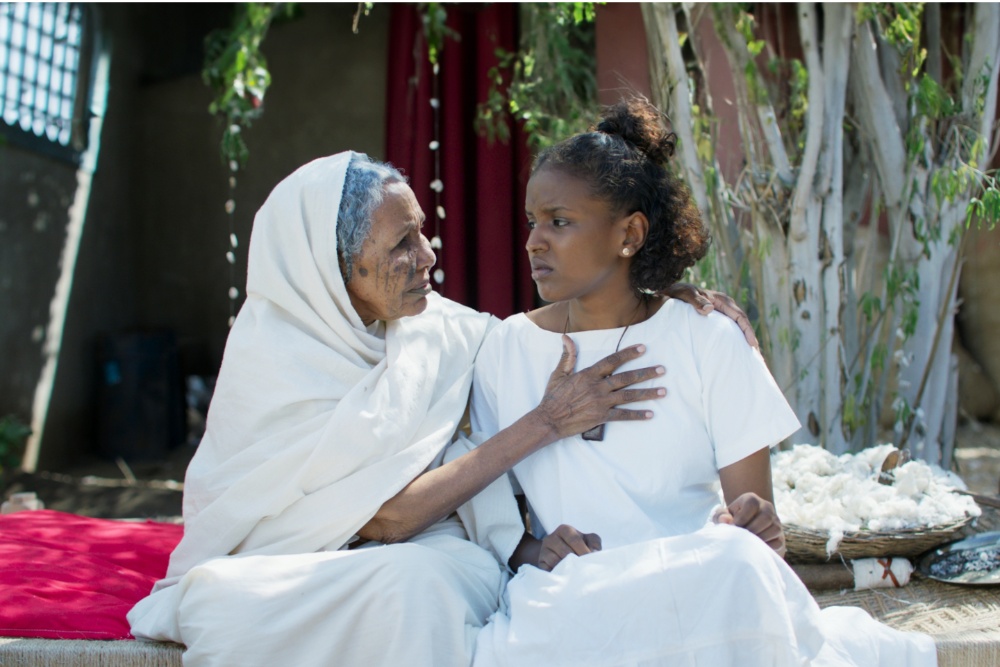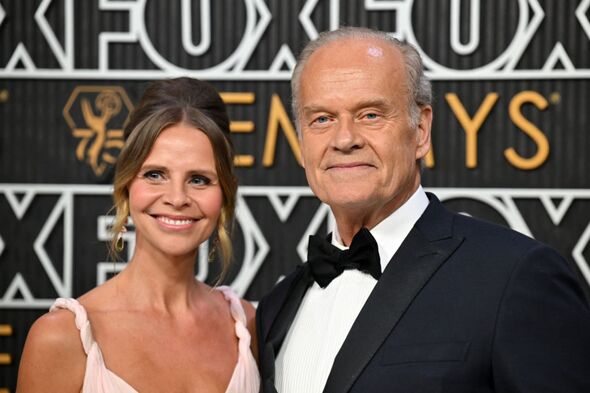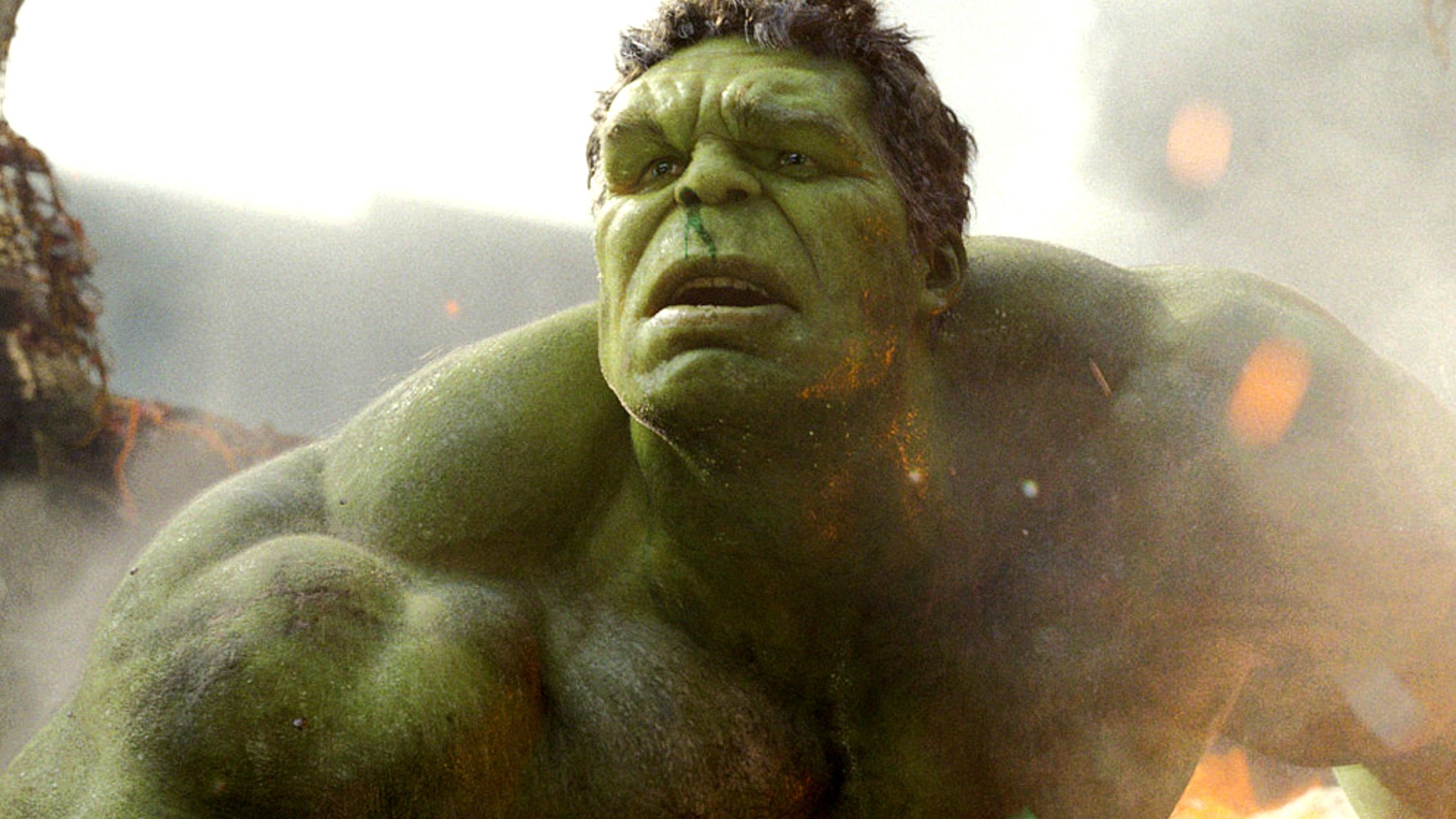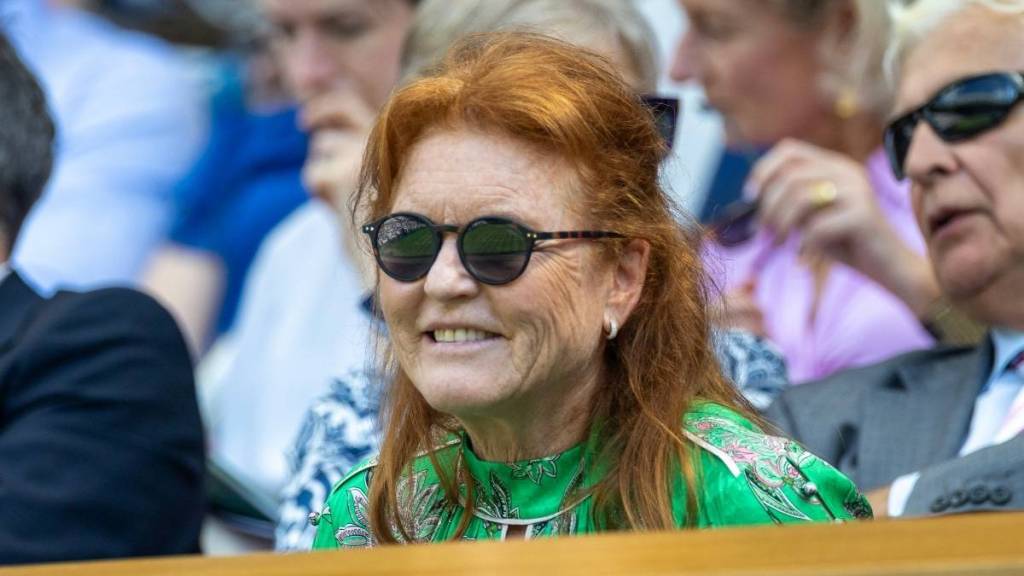Congress has passed significant reductions to Medicaid funding, raising serious concerns about the welfare of vulnerable populations in Louisiana. The cuts, part of a broader legislative package known as The Big Beautiful Bill, could adversely impact up to 1.5 million children and adults in the state over the next ten years.
Critics argue that these changes fail to uphold the moral responsibility of government, as articulated by the late Hubert H. Humphrey, who emphasized the ethical duty to care for the youngest, oldest, and most disadvantaged members of society. In Louisiana, approximately 42 percent of children rely on Medicaid for their health care, primarily through the Children’s Health Insurance Program (LA CHIP). Additionally, around 400,000 seniors and individuals with disabilities depend on these services, including many nursing home residents.
Supporters of the cuts claim they are necessary to reduce waste and eliminate abuse within the system, a goal that is broadly accepted. However, advocates like former state Senate president Randy L. Ewing argue that maintaining essential health care for Louisiana’s children, elderly, and disabled populations is a fundamental duty. Ewing stresses that providing health care is not merely a matter of fiscal concern; it is a moral obligation that reflects the values of the community.
The implications of these funding reductions are profound. Health care access is critical for the well-being of vulnerable groups, and any cuts could lead to increased health disparities. Ewing calls on citizens to engage with their congressional representatives, urging them to fully fund Medicaid support for Louisiana’s children, elderly, and disabled.
As the debate continues, it remains essential to evaluate the long-term consequences of such legislative actions on the lives of those who depend on Medicaid. The decisions made today will shape the health landscape of Louisiana for years to come, highlighting the need for a balanced approach that prioritizes both fiscal responsibility and the moral duty to care for society’s most vulnerable.

